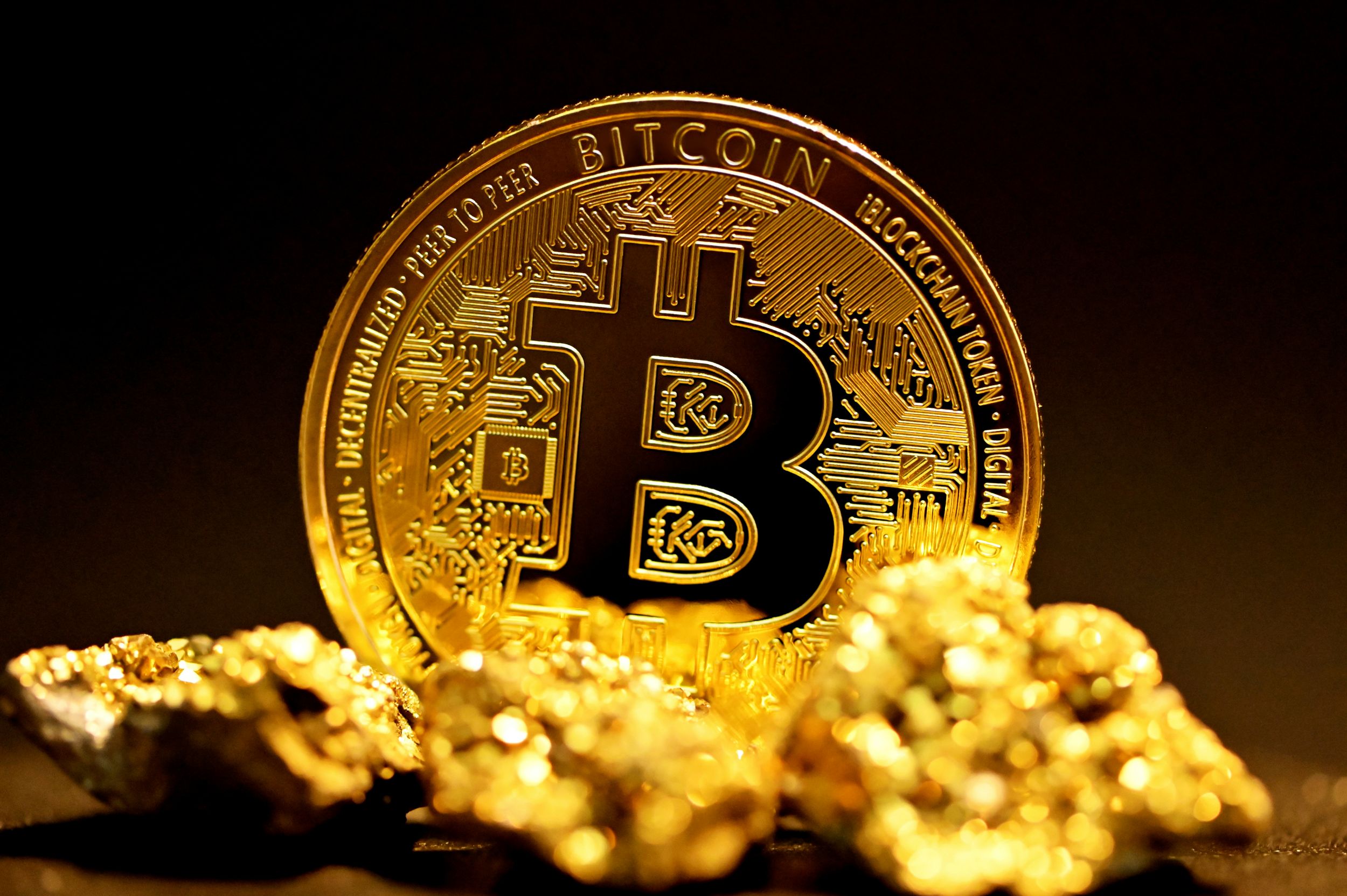I don’t currently hold any Bitcoin — not due to any particular aversion, I simply stick with investments I know and understand.
Its role in finance and the investing ecosystem is growing larger by the day. In my limited knowledge about its application, I view it as a speculative asset rather than a possible currency replacement.
While I don’t plan to invest any significant portion of our net worth in this digital coin, it may make sense as yet another form of diversification. Inevitably, I asked myself whether I should purchase it directly, or buy shares in the recently established Bitcoin ETF.
To answer this, I had ChatGPT produce a side-by-side comparison.
Bitcoin or the Bitcoin ETF (IBIT)
| Feature / Reason to Buy | Bitcoin (Direct Purchase) | Bitcoin ETF (IBIT) |
| Ownership | You own actual Bitcoin and can transfer it freely | You own shares in a fund that holds Bitcoin |
| Custody | Requires self-custody (wallets) or third-party custodian | Custody handled by ETF provider (Coinbase, for IBIT) |
| Security Responsibility | You’re responsible for securing private keys | Security is managed by the ETF issuer |
| Liquidity | 24/7 trading on crypto exchanges | Trades only during U.S. market hours (like a stock) |
| Fees | Network fees + possible exchange/platform fees | Low management fee (e.g., IBIT: 0.25%) |
| Ease of Use | Requires setup of crypto wallet, exchange account | Easily bought via brokerage account |
| Regulatory Protections | Limited consumer protection | SEC-regulated investment product |
| Tax Reporting | Complex: need to track each transaction | Simplified reporting via 1099 from broker |
| Control Over Asset | Full control—can move, spend, or stake BTC | No access to actual BTC, just exposure via shares |
| Minimum Investment | Can buy fractional Bitcoin (e.g., $10 worth) | Must buy at least 1 share (depends on share price) |
| Suitability for Retirement Accounts | Harder to hold in tax-advantaged accounts | Easily held in IRAs, 401(k)s, etc. |
| Transparency of Holdings | Directly own verifiable BTC on blockchain | Holdings published by ETF, but you don’t see on-chain data |
| Volatility Exposure | Direct exposure to BTC price | Near-identical exposure, but with ETF premium/discount risk |
| Privacy | More private, especially with self-custody | Less privacy; subject to broker and regulatory oversight |
| Use Case Suitability | Ideal for long-term holders who value decentralization | Ideal for investors who want Bitcoin exposure without hassle |
The Bitcoin evangelists will likely tell you that buying it directly is the only way to go due to their belief in the utility of the technology. Many argue that Bitcoin is the answer to a money-printing monetary system.
Because I can’t predict the future and I have doubts about a cryptocurrency supplanting the world’s fiat currencies, I am more receptive to owning the asset indirectly (through an ETF). I’m also a bit hesitant to store an actual Bitcoin, due to security and access concerns.
By holding the ETF, the returns will be less than owning the real thing due to the management fee – one of the major drawbacks.
Final Thoughts
So, Bitcoin or the Bitcoin ETF? For me, I will likely buy the ETF. It may be a good holding for our taxable brokerage account, given that there is no dividend – and therefore no tax liability until I sell.
Note: the above is not an endorsement of any currency, asset or security. Be sure to do your own research.
Discover more from The Budget Brainiac
Subscribe to get the latest posts sent to your email.


